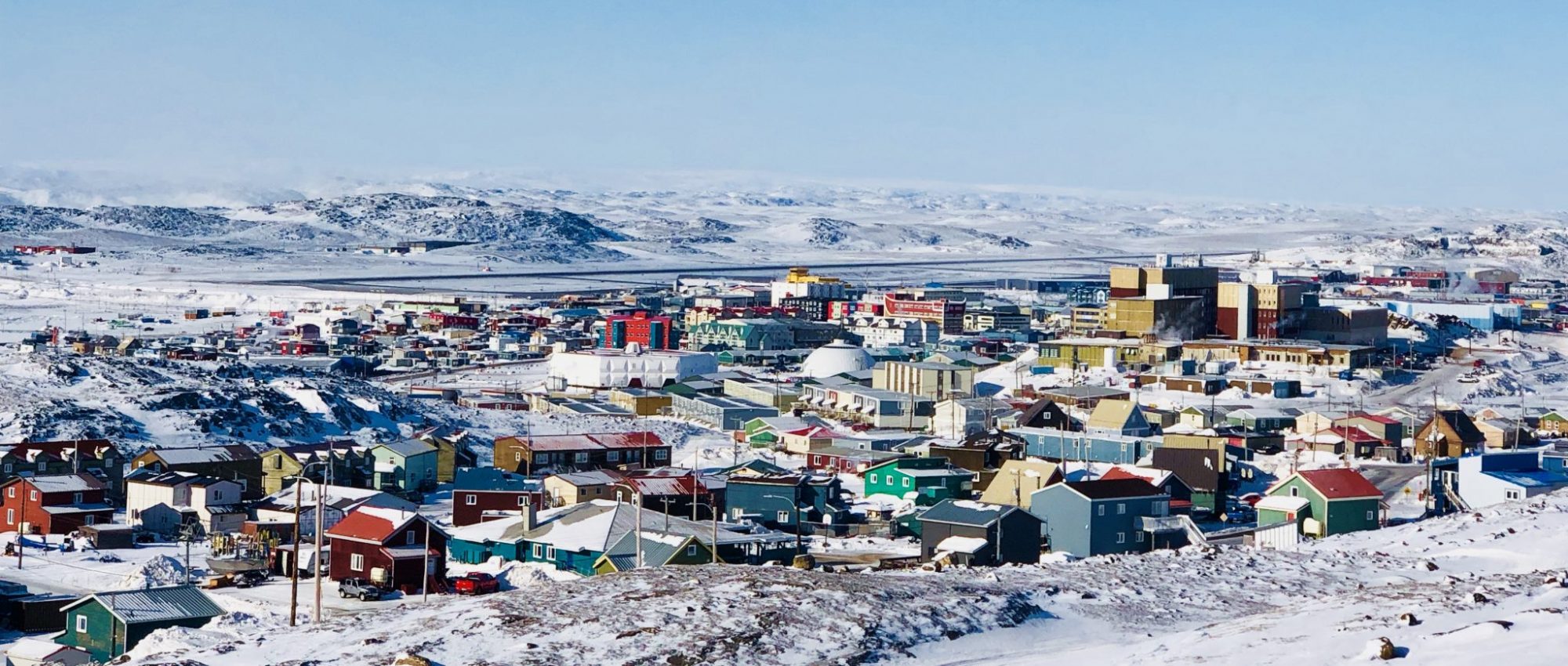Indigenous communities in the Arctic have contributed the least to the causes of climate change, yet are facing some of its strongest impacts. These communities, which have lived in the Arctic for over 10,000 years, have developed cultures, histories, and economies that are intrinsically tied to the land they live on. This ten thousand year long way of life is currently under threat as climate change is threatening the sustainability of villages, subsistence, and more.
Take a moment to imagine your own life. Think about some traditions that are important to you. Maybe it revolves around a holiday or a summer vacation you and your family always take. Think about how you get your food and the home you live in. Now, for a moment, imagine that you can no longer continue your traditions. Imagine the grocery store you usually go to stops carrying the food you need. Then one day it closes, forcing you to drive farther and farther to find food. Imagine one day you arrive home and notice your house has sunken slightly into the ground, damaging the walls and the roof. What would you do?
This, in some sense, is the reality for Indigenous communities all across the Arctic. Climate change is drastically altering their way of life. In order to understand these problems, it is important to first understand the problem—climate change. As such, we suggest you begin with the Climate Change page, which will give a broad overview of how climate warming is affecting the Arctic. Then, under Challenges in the Arctic, you will find a broad overview of how climate change is impacting Indigenous communities. To learn more information on each of the problems—relocation of Alaskan Native Villages, food insecurity in the Aleutian Islands and Nunavut, and infrastructure in Nunavut—please visit their individual pages.
If you are looking for more information, please visit the How to Learn More page. If you feel inclined to help support these communities, please visit the How to Get Involved page to see organizations that are on the ground in the Arctic providing support.
Thank you 🙂
